In tea shops or when drinking with tea friends, you can often enjoy very delicious tea, but when you try brewing it yourself, the taste is completely different and not as satisfying. This is mainly due to overlooking some small details in the tea brewing process. Below, we’ll explore some of these details and tips!
Warming and Cleaning the Teaware is Essential
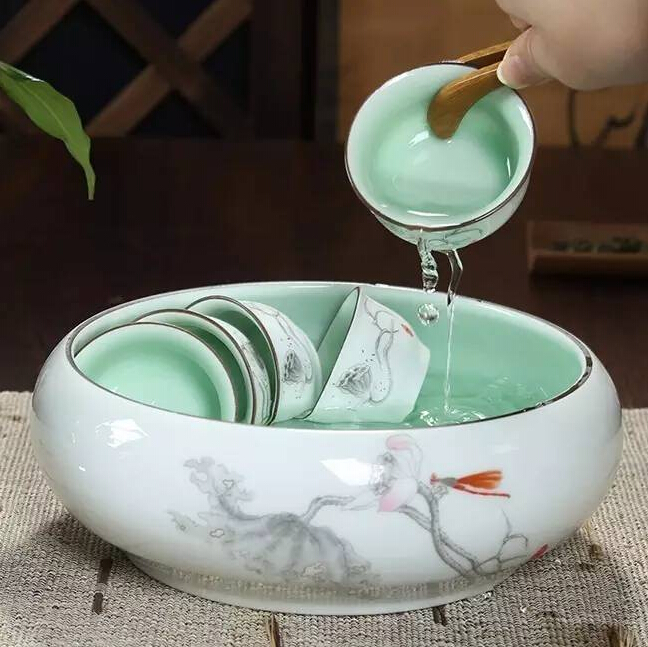
When brewing any type of tea, it’s necessary to first rinse all the teaware with hot water. "Warming and cleaning the teaware" not only ensures cleanliness but also enhances the tea’s flavor. Pouring tea directly into an unheated cup will cause the temperature to drop rapidly, affecting the taste. Additionally, using the first rinse of tea water to warm the teaware again can make the tea flavor purer.
Pay Attention to the Amount of Tea
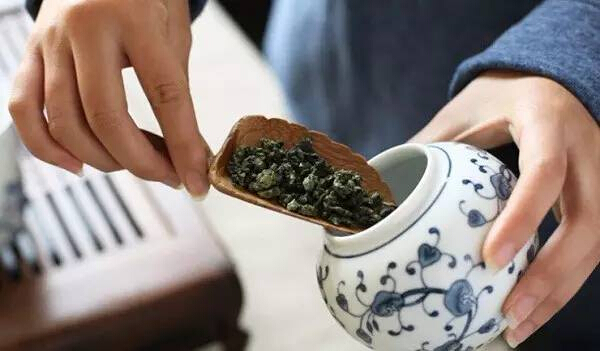
There’s no absolute standard for the amount of tea, but too little tea will result in a weak flavor, while too much will make it overly strong. Generally, for a 100ml gaiwan, 5-7g of dry tea leaves is ideal to fully bring out the tea’s characteristics. Beginners should use a scale to measure accurately. With practice, you’ll develop a feel for the right amount. Of course, personal preference is key—"there’s no fixed taste; what suits you is precious."
Compared to a gaiwan, a Yixing teapot releases tea more slowly, so the amount of tea should be reduced, and the brewing time shortened. Different teapots have different shapes and spouts, each requiring adjustments. Experiment to find the right amount for your teapot.
Brewing Time Matters
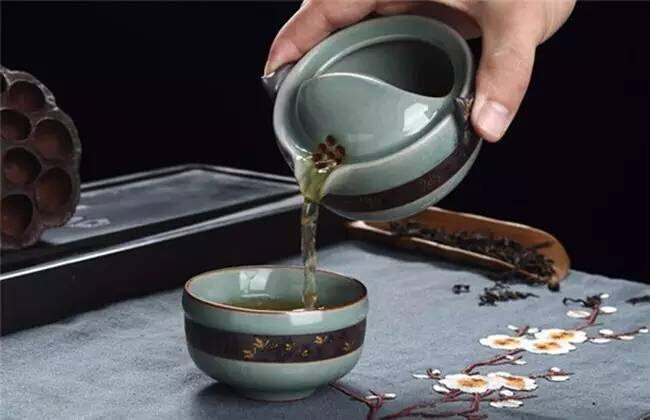
Brewing time undeniably affects the tea’s taste, but some details are often overlooked. For example, the time taken to pour water and decant the tea is part of the brewing time. It’s best to maintain a consistent pouring and decanting rhythm.
While brewing time increases with each infusion, the second infusion should be shorter than the first. The first infusion is just to awaken the tea leaves, and the second infusion will release flavors faster. Adjust brewing time based on the tea’s texture—loose or broken leaves infuse faster, while tightly compressed tea cakes may need longer.
Water Temperature is Crucial
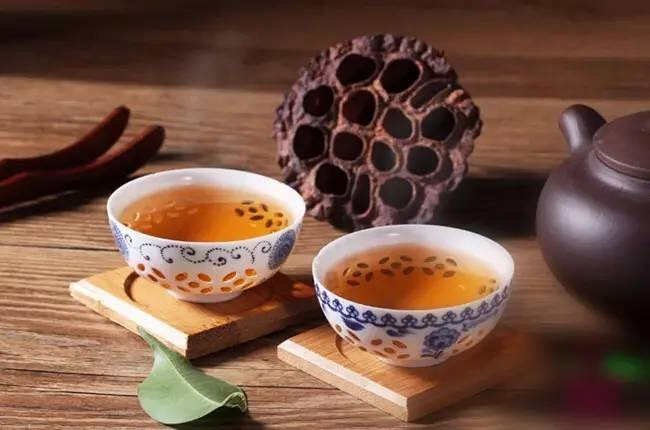
Water temperature is the most critical factor. Using water above 90°C for green tea can dull its vibrancy and scorch the leaves; Tiěguānyīn requires boiling water to fully release its aroma; black tea tastes sweetest at 85–90°C.
For Pu-erh tea, different types require different temperatures. Robust ancient tree teas like Banzhang or Yiwu need boiling water to release their aroma. Ripe Pu-erh demands even higher temperatures, with additional steps like warming the teapot to maintain heat. Delicate teas, like single-bud Pu-erh, brew best at 90–95°C.
Specialized kettles with temperature displays can help achieve the perfect brewing temperature for each tea.
The Impact of Water Pouring Technique
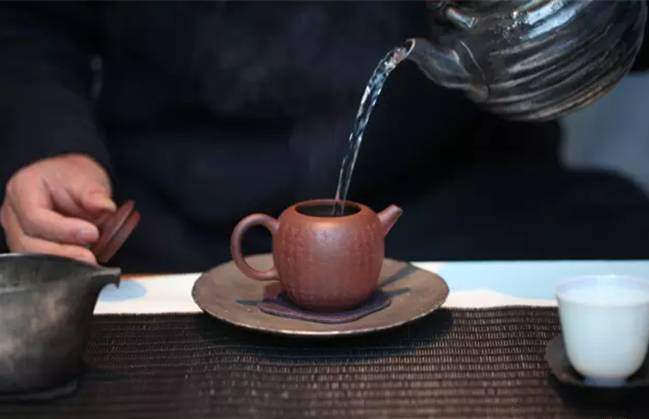
The "water line" refers to how water is poured. The height, speed, and direction of pouring affect the tea’s temperature, strength, balance, and richness.
For teas with high caffeine content, gentle pouring along the cup’s edge avoids bitterness. Common pouring methods include high pour, high drip, low pour, and low drip, with variations like spiral, circular, or single-point pouring.
Generally, a vigorous high pour enhances aroma, while a slow low pour creates a smoother texture. For fragrant teas like Jingmai Pu-erh, a high pour with circular motion works best. For mellow ripe Pu-erh, a low, steady pour is ideal.
Which Infusions Are the Best?
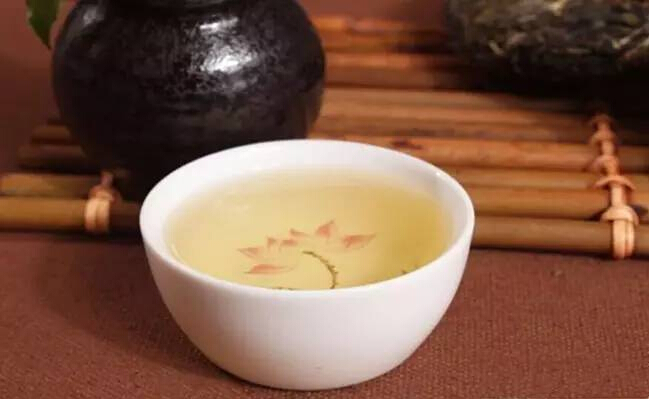
Many beginners wonder which infusion tastes the best. A common saying goes: "The first wash, the second taste, the third and fourth are the essence, the fifth and sixth are still good, the seventh has lingering aroma, the eighth has lingering taste, and the ninth and tenth still回味."
Indeed, the third and fourth infusions are often the peak, as the leaves fully expand and release their flavor. Later infusions may fade but still offer pleasant notes.
"The so-called tea ceremony is the pursuit of perfection in an imperfect life." A perfect cup of tea comes from countless trials. With practice and attention to detail, anyone can master the art of brewing.